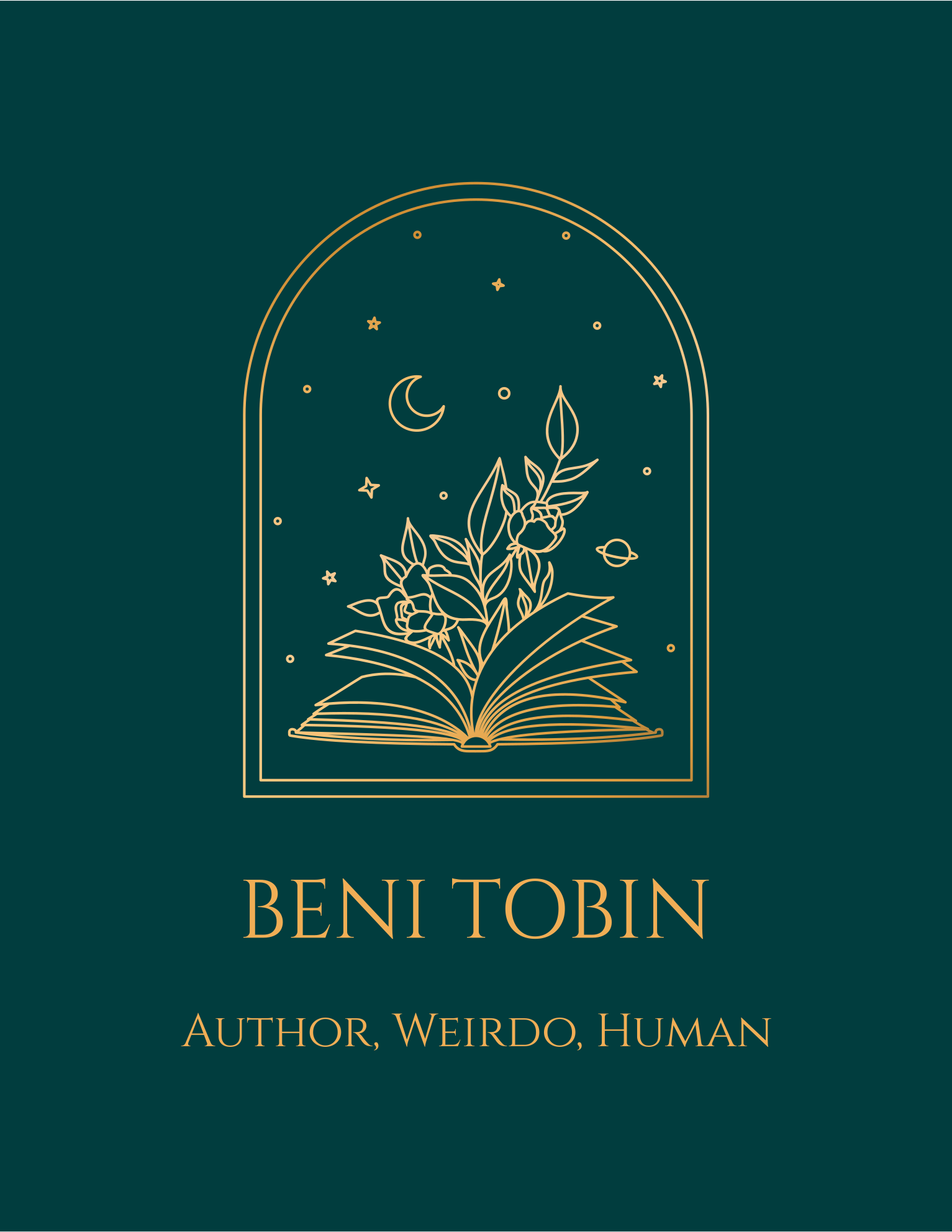This week, I finally sat down and read the works of some of my writer friends. I clicked through their websites and read their personal essays and short fiction with growing awe and admiration for them. Many of the pieces I read left me a crying mess of tangled love, appreciation, and embarrassment as I found myself humbled by the beauty of their stories and the quality of their work.
For my part, trying to write for the past few weeks has been like swimming through Jell-O. I get mouthfuls of sweet words but only with great labor. My mind has been pulling in a hundred directions, none of which help me put words to paper. And whenever I sit down at my computer, I ask myself a question.
And just what do you think you are doing?
I never know how to answer; I only have a minimal idea of what I am doing. When friends and acquaintances ask about my writing career (“What do you write?”), I never know how to answer them either. I recently described myself as trying to be a “budget Neil Gaiman” to the mother of one of my daughter’s schoolmates. I recognized later that comparing myself to the man whose illustrious career spans decades, genres, and literary forms—consistently exceeding expectations—was egotistical of me, even if it was meant to be self-deprecating.
As much as I admire his work and hop across genres/literary styles, I am not comparable to Neil Gaiman. Nor am I similar to Lemony Snicket, regardless of my use of a pseudonym, dry, dark humor, and ‘charmingly detached’ writing style. I love subverting Gothic Romance tropes, but I am also not Silvia Moreno-Garcia. Although my queer identity informs my poetry, I am no Chen Chen. And after what I read this week, I cannot, in good conscience, compare myself to any of my writer friends. There is no basis for comparing myself to the writers I admire.
For one thing, I am relatively unskilled; after all, I have yet to spend years in higher education honing my craft. While I am in the process of learning how to organize long-form literature, I am approaching it as a novice. The authors I look up to are well-educated, disciplined, driven people with comprehensive knowledge to round off their exceptional talent.
I will get there someday, but I should hope I would not have the hubris to assume I have already reached that zenith independently. Therefore, how could I compare myself to them? And on the other hand, why am I searching for a basis for comparison anyway?
I have debated whether art should have diagnostic criteria separating “good” from “bad.” What classifies quality poetry from poor poetry, for example? Is it strict adherence to a meter or creative rhyming? Is it unique imagery? Or is good poetry good because it causes readers to experience emotions and expand their perspectives? Does that ring true for all art forms? Can something raw and unrefined still hold as much emotional value as something polished and pristine?
Am I being pretentious for even trying to answer these questions?
I accept that I may be less experienced than my favorite writers, but that does not mean my work is categorically “bad” (or, as I more commonly claim, absolute trash). It needs refinement, and it needs attention. But most of all, it needs to be what it was written to be; my work. I have a particular voice and style, and although it is built on the influences of people I esteem, I will always be present in the words I produce.
Earlier this month, I purchased a copy of Poison for Breakfast by Lemony Snicket (one of the authors mentioned above with whom I have little in common yet draw inspiration from regularly). It came out in 2021, but I had yet to read it. I highly recommend it if you are interested in philosophy. It approaches how valuable bewilderment is to the human soul; how being puzzled, shocked, surprised, and intrigued all at once is to be alive. In Chapter Twelve, Snicket wrote this: “We must try, all of us, a lot of the time, our best, and we must keep trying. We do not understand anything but we should try our best to understand each other…We must read mysterious literature, and be as bewildered by it as we are by the world, and we should write down our ideas, turning our stories, as if by magic, into literature.”
Writing bewilders me. It is as easy as breathing, and as challenging as running a marathon without training. It buoys the soul and breaks the heart. It requires a gift for language that cannot be taught and an understanding of structure that must be learned. Above all, in my opinion, good writing combines individuality and universality to create a well-balanced story. And that is how I will choose to assess my work.
Perhaps I am not at all like the writers who fill me with such joy and wonder. But I will strive to keep producing work for a universal audience built on my personal delights, pains, interests, and bewilderments. I will give my work credit when it is due and commit to my writing growth. I may eventually have a basis for comparison to other writers, but by the time I do, I hope I will have outgrown the need to compare myself to others.

Leave a comment